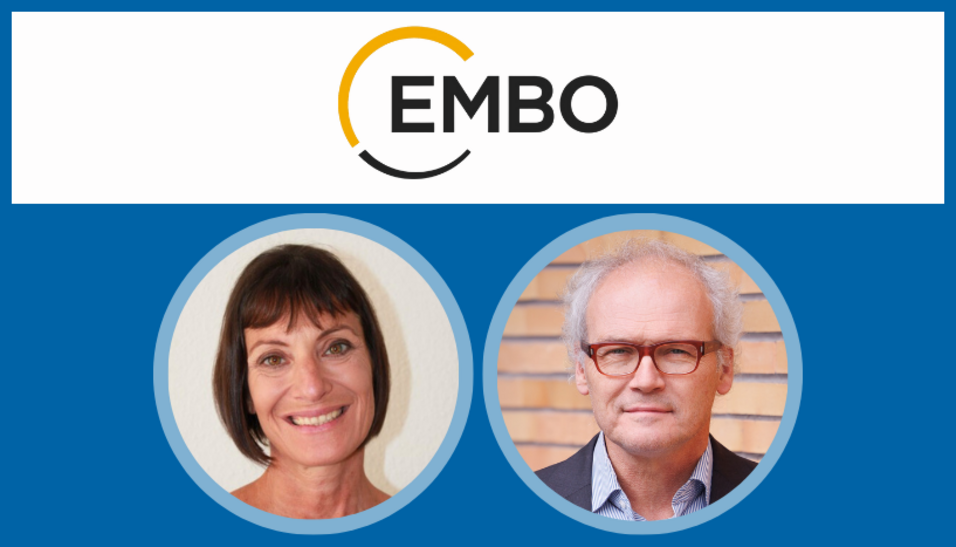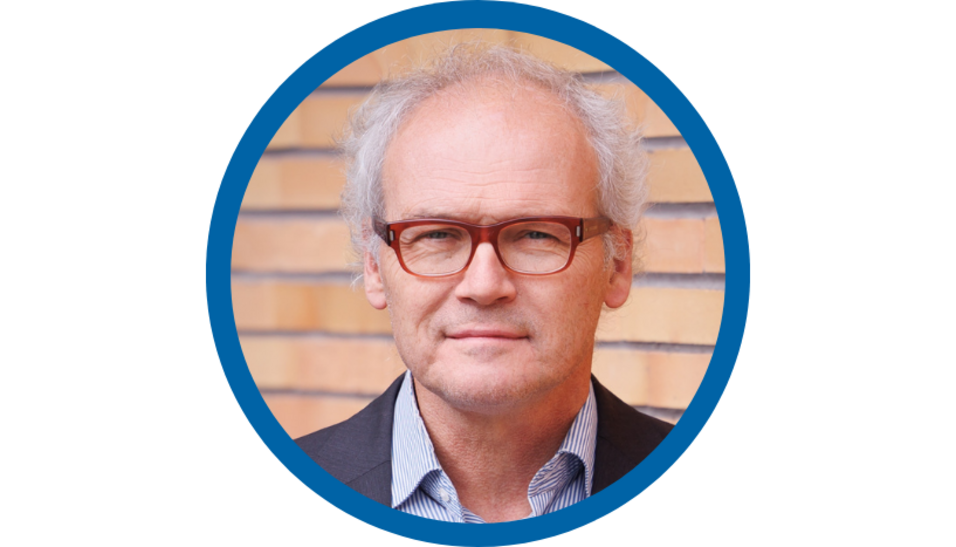The first EMBO Members were elected in 1964 and the organisation has now grown into a community of more than 2,100 Members. EMBO Members guide the execution of the EMBO Programmes and activities, for example by evaluating funding applications, serving on EMBO Council and Committees, and contributing to initiatives such as training, policy, outreach and mentorship. New members are nominated and elected by the existing EMBO Membership.
About Silvia Bulgheresi
Silvia Bulgheresi is an Associate Professor at the Department of Functional and Evolutionary Ecology since 2020. She studied Biochemistry and Molecular Biology at the University of Pisa and obtained her PhD in Molecular Genetics and Venia Docendi in Molecular and Cell Biology at the University of Vienna.
By fusing two traditionally separated fields, environmental microbiology and molecular cell biology, she has created a novel discipline, environmental cell biology. Her group is trying to understand whether host-symbiont interactions can influence basic cellular processes, such as cell division, chromosome orientation and chromosome folding. In addition, her group also investigates physiological and immunological aspects of microbial symbioses.
Her research systems include marine nematode-bacterium symbioses and multicellular bacteria inhabiting the oral cavity. Not only through her research activity but also as a speaker of the Key Research Area Interactions and Evolution of Organisms, Bulgheresi strives at bringing together evolutionary biologists and epigeneticists from all three life kingdoms (bacteria, archaea, and eukaryotes). Finally, Bulgheresi is also an enthusiastic university teacher and a monograph on microbial genome plasticity (Brave genomes) compiling one of her lecture series, which will be published by Elsevier in February 2025.
About Ulrich Technau
Ulrich Technau has been a Professor of Developmental Biology at the University of Vienna since 2007. His group investigates the evolution of diversity and complexity of animals, with a focus on cnidarians (e.g. jellyfish, corals, sea anemones).
Technau studied biology at the Universities of Würzburg, Mainz, Toulouse, and Munich, obtaining his PhD in Frankfurt in 1995. He then completed a postdoctoral fellowship at the University of California, Irvine, habilitated at the TU Darmstadt, and joined the Michael Sars Centre in Bergen, Norway, as a group leader in 2004 before moving to Vienna.
Technau is an elected corresponding member of the Austrian Academy of Sciences and the German National Academy of Sciences Leopoldina. He recently received an ERC Advanced Grant for his project "EVONeuroMuscle". This project aims to trace the origins of the neuromuscular system in early animal evolution by deciphering and comparing the molecular profiles of muscle and nerve cells in cnidarians, sponges, and comb jellies. His research interests include the evolution of morphological complexity in Bilateria, genome evolution, the developmental mechanisms and genetic pathways that have been conserved or modified during evolution and that contribute to changes in morphological complexity.
Learn more:



